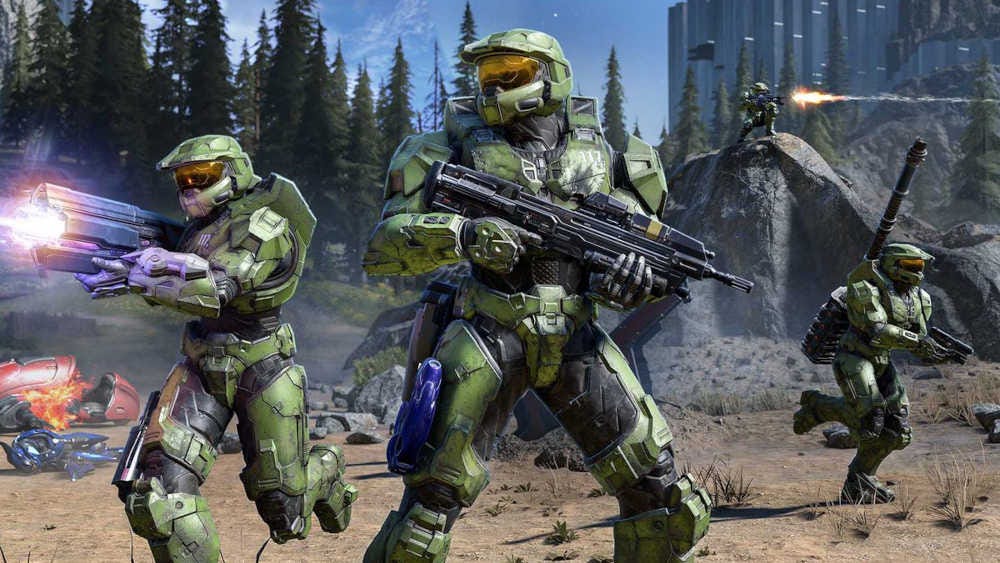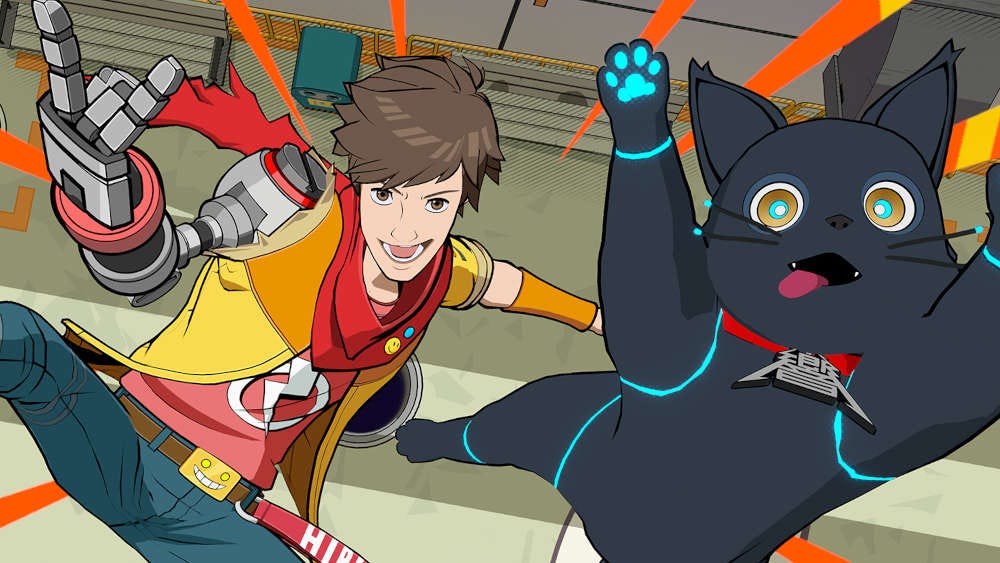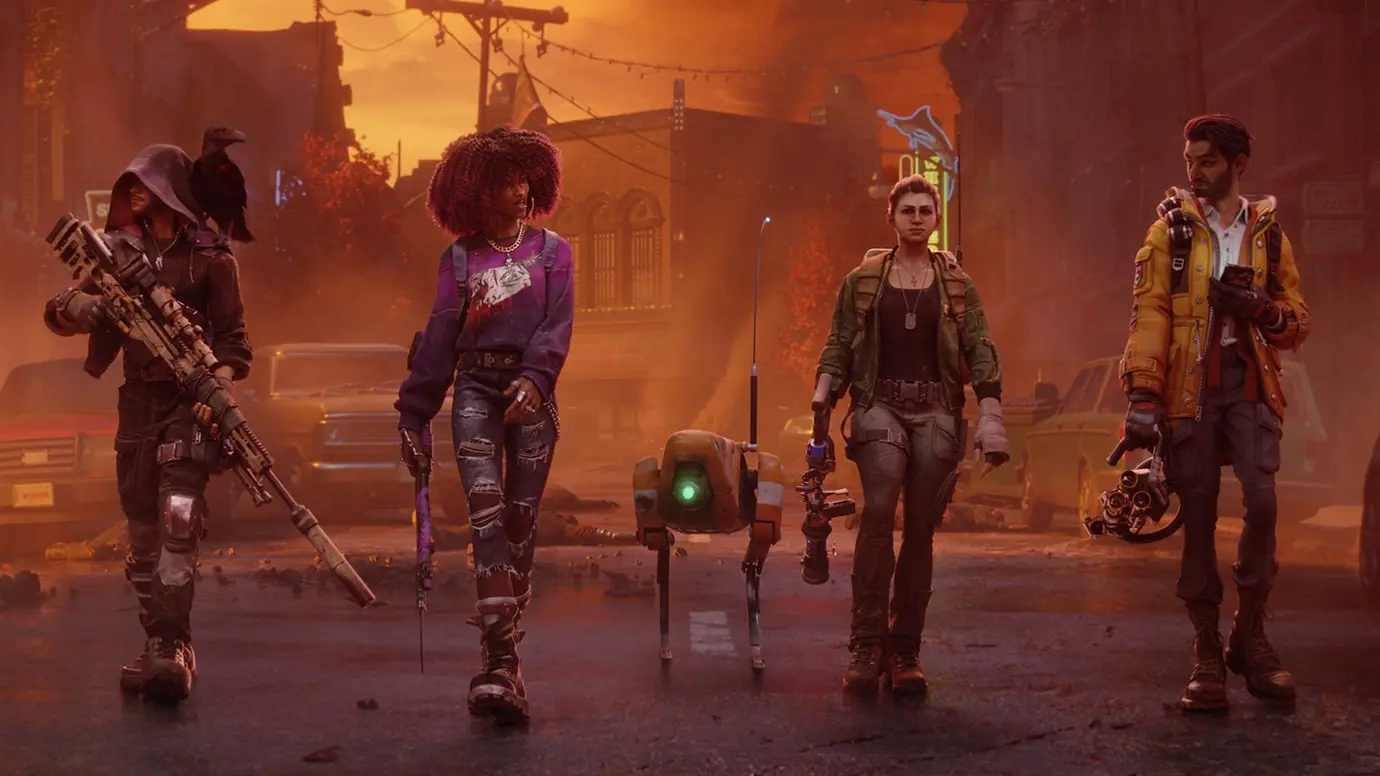I've changed my mind: Microsoft shouldn't be allowed to buy Activision Blizzard
And no, I don't agree with the CMA or FTC – there's more to it than that
Like the FTC and the UK’s competition and market authority, I’ve concluded that Microsoft shouldn’t be allowed to buy Activision Blizzard. However, it isn’t for the same reasons that some regulators have provided.
I’m not worried about Microsoft creating an unstoppable monopoly or suddenly dethroning Sony as the market leader. I also don’t have any fears that Microsoft will become the de facto platform in the nascent cloud gaming market.
No, my reason for objecting to Microsoft’s multi-billion dollar deal is that I don’t trust the Redmond-based company to manage its latest investment in the best possible way.
I initially thought that Microsoft buying Activision Blizzard was a great thing for gamers and consumers alike – and in many ways, I still do. Xbox Game Pass, Microsoft’s excellent subscription service, would give millions of people access to blockbuster games like Call of Duty and Diablo 4 for a low monthly price, which is obviously appealing when you consider CoD alone costs $70 and releases every year.
Microsoft would also have access to a library of treasured IPs like StarCraft that are long overdue a revival, and the takeover could also significantly improve the company’s mixed fortunes on PC. Activision’s Battle.net launcher is far superior to Microsoft’s PC Game Pass app, for example, which needs serious work.
Lastly, and perhaps most importantly, the record-breaking $69bn deal would put more pressure on Sony, which is dominating this generation and barely even broke a sweat during the PS4 and Xbox One era. The Japanese electronics giant is already closing in on 40 million PS5 sold and the best PS5 games continue to attract all the plaudits from critics.
Competition is vital, and right now it’s not even close. There’s a reason why Sony has been so staunchly against the deal, and you can bet there will have been quiet celebrations once the news hit that the CMA had blocked Microsoft’s Activision takeover and the FTC was also trying to prevent the acquisition from taking place.
You blew it
Microsoft’s takeover should be seen as an overall positive, then. But after my initial optimism, I’m now firmly of the belief that Microsoft isn’t fit to be the guardian of Activision Blizzard. And it’s the miserable release of Redfall that has led me to this difficult conclusion.
The vampire-focused, co-op looter shooter is now available, but the Redfall reviews paint a grim, but all too familiar picture. Redfall is supposed to be one of Microsoft’s big hitters this year along with Starfield, and yet its bungled release seems par for the course.
After a promising reveal, the game experienced several delays and little marketing ahead of launch. Shortly ahead of release day, we were told that the game’s performance would be severely hampered on Xbox Series X until a later date, which caused alarm bells to ring. And it turns out, gamers were right to be worried.
Redfall joins a growing list of Microsoft first-party games that have been released half-baked and that have failed to garner any critical favor. We’ve seen this all too often in the past with games like ReCore, Sea of Thieves, Bleeding Edge, Crackdown 3, Battletoads, Halo: The Master Chief Collection, State of Decay 2, Halo Infinite, and Minecraft Legends, all failing to deliver at launch or falling foul of gamers’ ire over time.
Yes, there have been some rare success stories (pardon the pun) like Sea of Thieves, which has slowly become a tremendous success. And we’ve also seen some hits in the form of Psychonauts 2 and Microsoft Flight Simulator.
But Microsoft has developed a nasty habit of relying on post-launch patches and updates to transform its titles into something worth playing months, if not years down the line. Halo: The Master Chief Collection is fantastic today, but it was a trainwreck and an insult to fans when it launched and remained broken many months later.
Mismanagement 101

With so many mistakes and lackluster releases, it’s hard not to think that Microsoft simply doesn’t know how to utilize its acquisition effectively. And there’s an abundance of evidence that strongly suggests that is indeed the case.
In 2009, Microsoft shut down strategy developer Ensemble Studios, the team behind Halo Wars and Age of Empires. And in 2016, the same fate befell Lionhead Studios, the creator of the much-loved Fable series – something which Microsoft said it later regretted.
It’s worth noting as well, that despite being one of the best developers at the time, it’s taken decades for its $375 million purchase of Rare in 2002 to come to fruition after many average releases.
And what about the studios it owns now? Microsoft bought Bethesda for $7.5 billion, and so far the multi-studio publisher has delivered two titles of real note for Xbox consoles: Pentiment and Hi-Fi Rush.
Hilariously, PS5 gamers have benefitted more from Microsoft’s purchase of Bethesda, which delivered Deathloop and Ghostwire: Tokyo to Sony’s platform first. Bizarrely, the Xbox Series X port of Ghostwire: Tokyo actually runs worse on Microsoft’s hardware, despite Tango Gameworks being a first-party studio and having extra development time due to the game’s timed exclusivity on PlayStation 5.

Even studios Microsoft has owned for years like Halo developer 343 Industries have suffered under its stewardship, with the studio ‘starting from scratch’ after layoffs and leadership changes.
Throw in several other high-profile acquisitions that are developing games that might as well be vaporware at this point – Fable 3, Avowed, Contraband, Perfect Dark, Hellblade 2, and State of Decay 3 – and it’s hard to say with any certainty when Microsoft’s next hit title will be if Starfield fails to deliver.
I recently said it’s time to stop buying video games at launch, and Microsoft’s approach does a fitting job of backing up my argument. I’m tired of Microsoft relying on Xbox Game Pass to paper over the cracks and thinking it’s okay to deliver mediocre games because they’re free to members and artificially buoyed by a large player base.
If we’re ever to see the type of neck-on-neck competition that was alive and well in the Xbox 360 and PS3 era, Microsoft needs to remember how to develop good games again, or at least manage the studios it already owns better. Buying Activision Blizzard clearly won’t solve this ongoing problem, and as it stands, our best Xbox Series X games list will remain static as a result.





